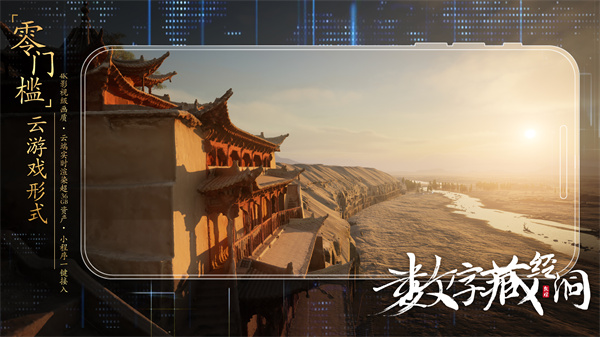Virtual world gives viewers a different experience
By FANG AIQING | China Daily | Updated: 2023-04-28 09:32

There is, as yet, no consensus on why the relics were held there initially or why the cave was later concealed, but academic efforts to reveal the cultural value of the documents have never ceased.
For example, in the digital cave, co-initiated by the Dunhuang Academy and technology company Tencent, users can zoom in on a 10th-century account of beverage expenses claimed by the local government that was attempting to lubricate the wheels of domestic and foreign affairs.
The account shows that the government at the time had established a mature organizational structure and a strict reimbursement system, and suggests that there was religious diversity, prosperous handicraft production and multiple folk activities.
The digital cave project presents the ancient document that holds these accounts, in its entirety, despite the fact that, in reality, it was split into three parts, with two held domestically and one in France.
Zhao adds, while official historical materials dealt mainly with big events, many documents found in the Library Cave recorded things about society at the grassroots level, such as registered residences, providing a micro social landscape through which researchers today are able to piece together what household life was like in those times.
According to Su Bomin, director of the Dunhuang Academy, the digitalization process of the frescoes started in the late 1980s.
After three decades, it has collected digital information from nearly 300 out of the 735 Mogao Caves, supported by the central government and in collaboration with universities and academic institutions.
Zhao says people will naturally view Dunhuang Studies as profound and possibly unfathomable. Therefore, it is imperative that information is relayed in a way that can be easily accessed to popularize the history and value of Dunhuang, and that virtual-world projects like the Digital Library Cave enable people to see things more clearly.
Currently, her institute has been targeting the organization and research of Ancient Tibetan and caoshu (cursive script) literature kept at Dunhuang, and extending the Dunhuang Documents Database, especially for scholars and enthusiasts worldwide to view, search and compare the full texts of Dunhuang literature.
























